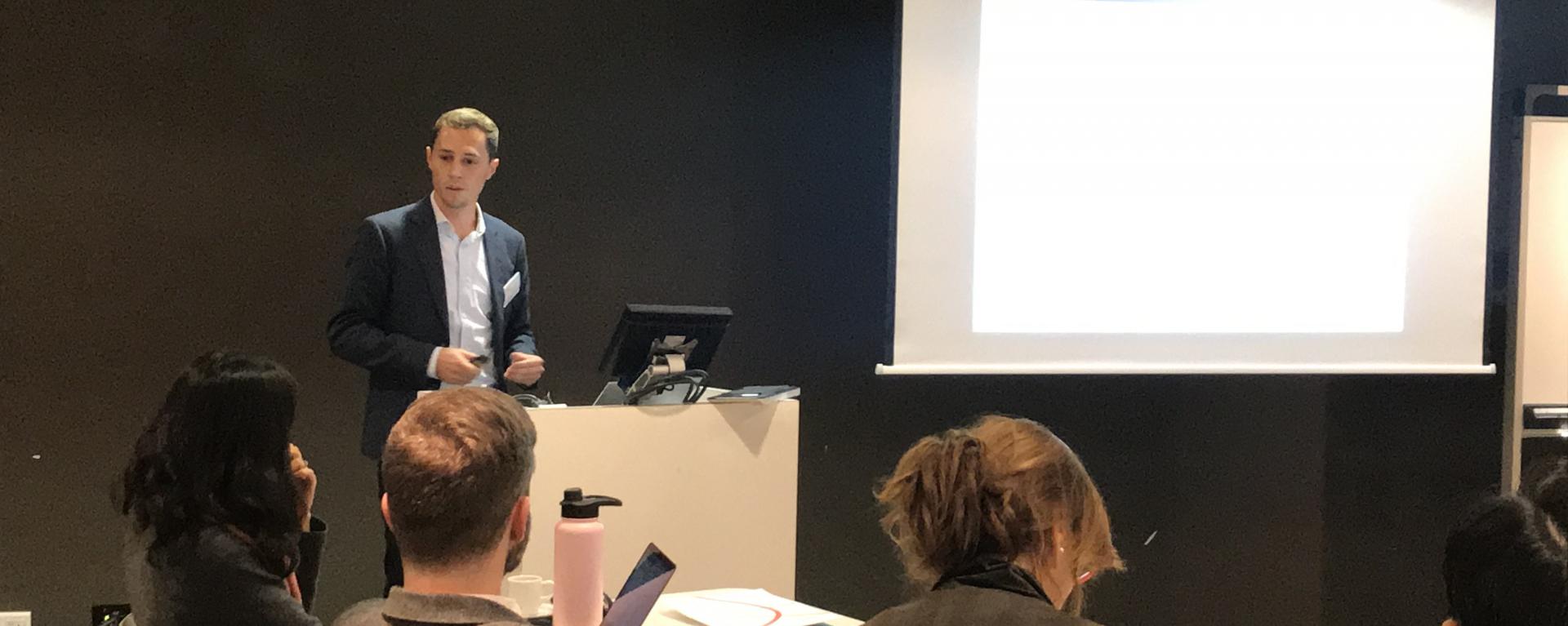
At the Innovation Growth Lab, we host a Winter Research Meeting every year - an opportunity for researchers and academics interested in experimental policymaking to come together to present and learn about the cutting-edge research behind the innovation policies of the future.
This year, we’ve decided to highlight the people behind the research - understanding the motivations for their work, the effect their research has on the wider world, and further research questions which have come to light over the course of their research.
From gender inclusion, to job creation and societal unrest, the seven researchers who presented in Amsterdam in November highlighted the range of issues that are addressed when we undertake experimental innovation policy research.
In this blog, we’ve interviewed the researchers who presented, to hear more about what inspired them and their work. In the second part of the series, we interview Tomm Opitz from the Max Planck Institute for Innovation and Competition, who presented his paper "Identifying and teaching high-growth entrepreneurship: Experimental evidence from entrepreneurship academies for university students in Uganda."
Timm Opitz is a Doctoral Student at the Max Planck Institute for Innovation and Competition.
His research looks at the effect of running entrepreneurship academies for university students in Uganda because they “consider entrepreneurship to be key for poverty alleviation.” Despite this, many people in “developing countries often lack the knowledge and abilities to create and grow their business beyond subsistence size.” Empowering people to create more successful businesses through entrepreneurship education, he argues, is crucial to the economic growth and prosperity of those countries.
This research has implications for the wider world because “creating successful business plays an important role in economic development.” By better understanding the financial barriers that SMEs face in Uganda, they hope to address the wider problem that funding is often inaccessible, even for promising business ideas.
This research has long term implications for people’s lives and work. By building a better understanding of the motivations of entrepreneurs and the mechanisms that make entrepreneurship education effective, they can better inform labour market policies in Uganda.
We will be hosting the next Research Meeting as part of our annual Global Conference IGL2020 in London on 2 June 2020.
We will release the call for abstracts in mid January. Take the opportunity to present your work to a growing audience of policymakers and researchers working at the cutting-edge of innovation policy.
